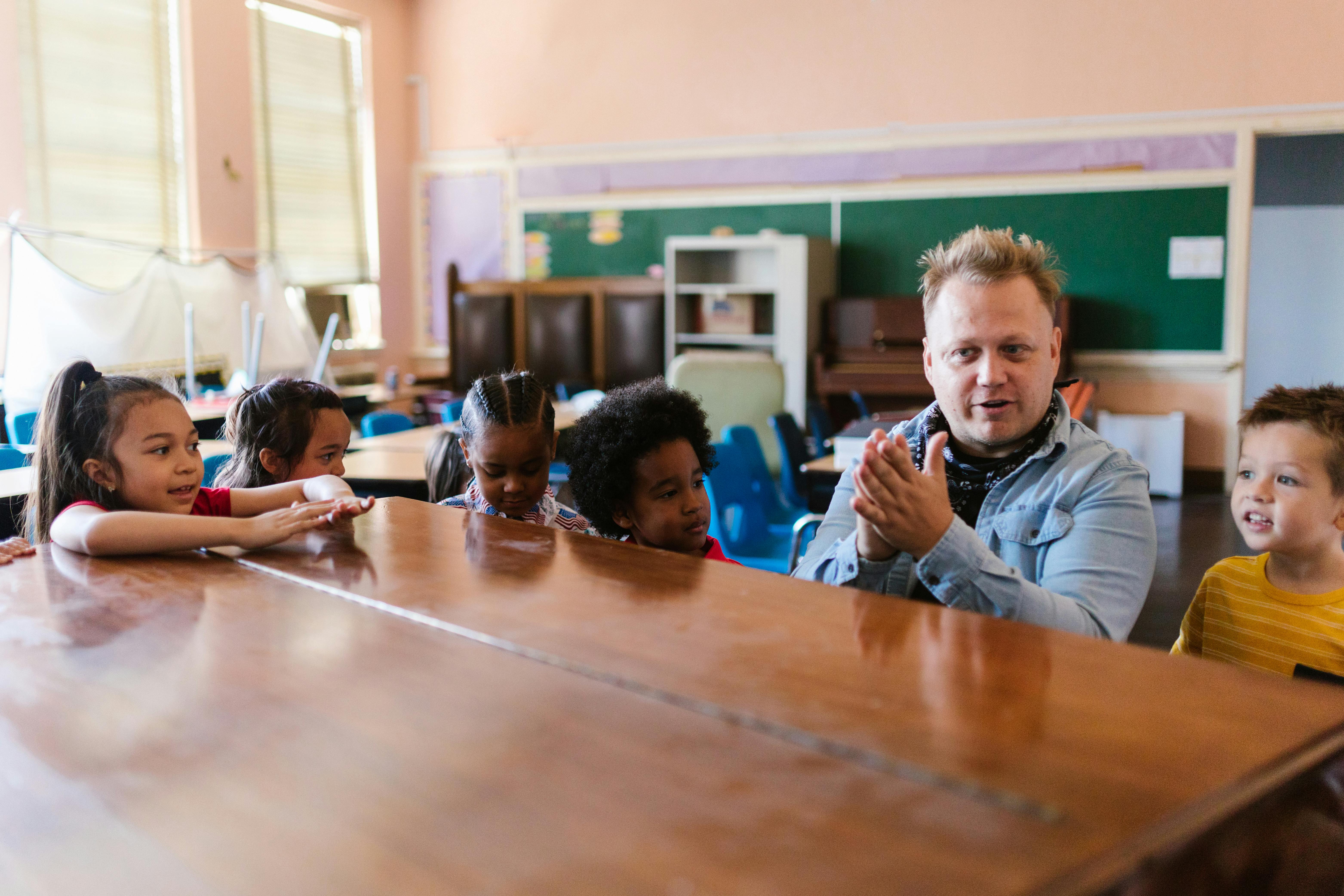
At The Farewell Guide, we know that talking about death isn’t easy, but it matters. Having honest conversations about funeral plans with your family can bring comfort, clarity, and a deeper sense of togetherness when it’s needed most.
That’s why we warmly welcome a new change to the school curriculum in England: bereavement will now be taught as part of Relationships, Sex and Health Education (RSHE). It’s a major step forward in helping young people understand loss, process grief, and grow up equipped to support themselves and others through life’s hardest moments.
A campaign with heart
This change follows a campaign by funeral director John Adams from Bridgnorth. After losing his mother at age 12, John launched a petition calling for grief education in schools. Over 11,000 people supported the campaign, which was debated in Parliament, and thanks to his efforts, grief is now part of the national curriculum.
What will children learn?
In Primary Schools:
-
They’ll learn that death and loss are natural parts of life.
-
They’ll hear that everyone grieves differently, and that’s okay.
-
They’ll be encouraged to talk about their feelings openly.
In Secondary Schools:
-
Pupils will explore how relationships change after bereavement or separation.
-
Emotional resilience and supporting others will be key themes.
-
Mental wellbeing will be discussed, along with where to find help.
This is not about scaring children, it’s about preparing them. It gives them the language and tools to cope with loss and builds empathy and confidence for life.
Why it matters for families and loved ones
Grief isn’t just something adults experience. Children face loss too, whether it’s a grandparent, a parent, a friend, or even a pet. But often, they don’t know how to express it or where to turn.
By including grief in the classroom:
-
Children feel less isolated. They realise their emotions are valid and shared.
-
Teachers are better equipped. They can offer sensitive, informed support.
-
Families are supported. Knowing that schools provide a safe space can help parents navigate difficult conversations at home.
These are important conversations, and they can begin with you.
Start the conversation at home
One of the best ways to support children (and each other) is by talking openly about death and funeral wishes before a time of crisis. When families discuss plans ahead of time, they reduce uncertainty and stress later on, and ensure that everyone’s wishes are honoured.
Tips for talking with loved ones about funeral plans
- Be clear and honest. Avoid euphemisms that might confuse children or lead to fear.
- Create space for questions. Let children (and adults) ask what they need to.
- Share your wishes. Talk about preferences around funeral arrangements, music, or even how you'd like to be remembered.
- Invite participation. Children may find comfort in writing a letter, choosing a song, or drawing something meaningful.
- Offer ongoing support. Grief doesn’t follow a timeline…and neither do these conversations.
At The Farewell Guide, we allow you to document what you’d like your funeral to look like.
Start the conversation today. Visit www.thefarewellguide.co.uk for planning tools, and guides for every step of the way.
Suggested reading
What is a Death Cafe?
Planning for a funeral: Ensuring your wishes are honoured
How To Plan a Funeral for a Loved One